London study suggests PHEV vans a practical, accessible solution for cleaner air in European cities
Green Car Congress
JULY 9, 2019
Three months since the introduction of the Ultra-Low Emissions Zone (ULEZ) in London, results of a year-long trial in the capital suggest that plug-in hybrid electric (PHEV) commercial vehicles could present the most practical, readily available option for businesses trying to meet clean-air targets in cities. million (US$5.9-million)


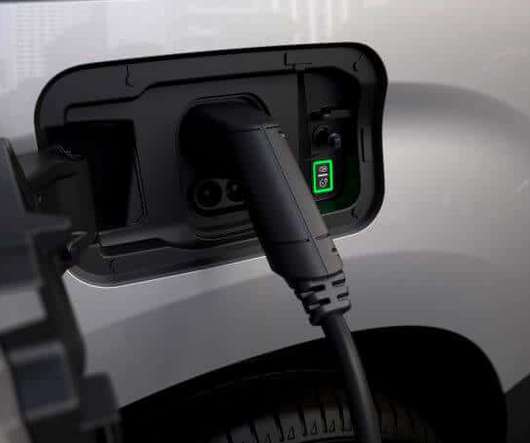



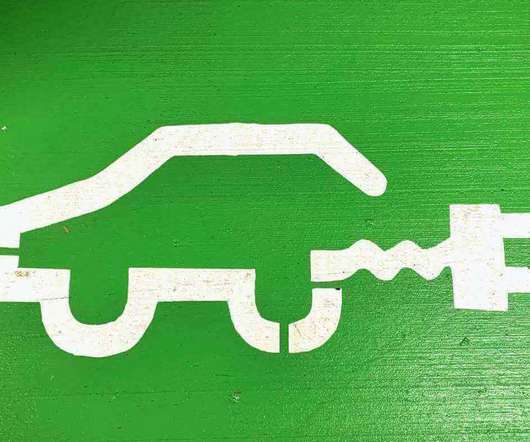



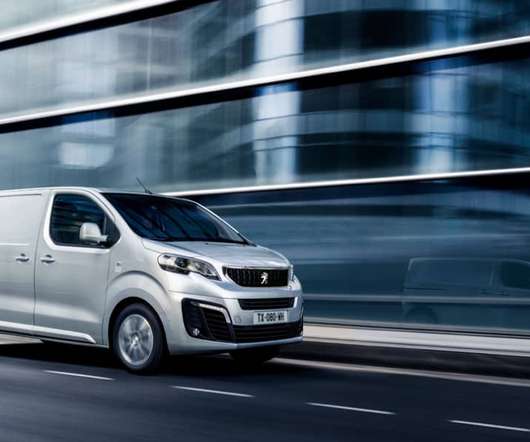





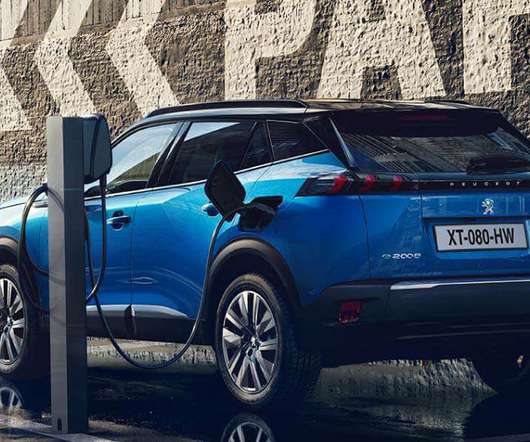


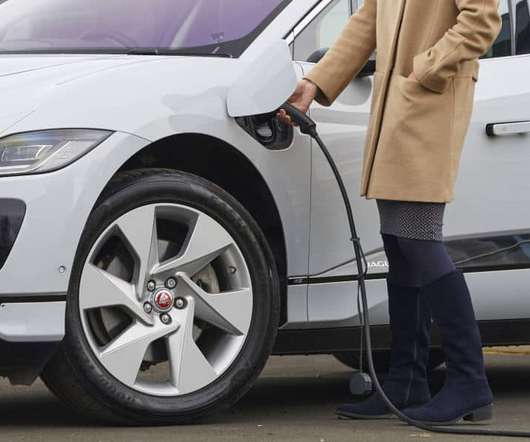







Let's personalize your content